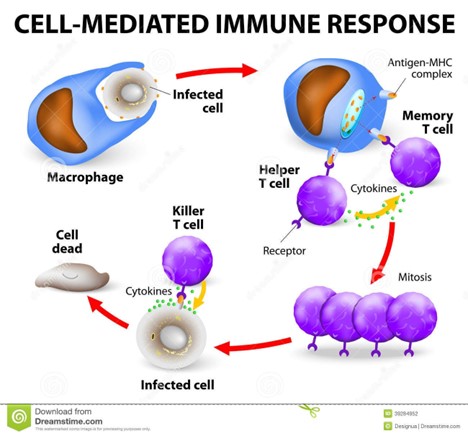The blood pressure in the large systemic arteries is greatest during:
Ventricular systole.
Atrial diastole.
Ventricular diastole.
Atrial systole.
The Correct Answer is A
This is because ventricular systole is the phase of the cardiac cycle when the ventricles contract and pump blood into the arteries.
The blood pressure in the arteries is greatest during this phase because of the forceful ejection of blood.
Choice B.
Atrial diastole is wrong because atrial diastole is the phase of the cardiac cycle when the atria relax and fill with blood from the veins.
The blood pressure in the arteries is lowest during this phase because the ventricles are also relaxed and not pumping blood.
Choice C.
Ventricular diastole is wrong because ventricular diastole is the phase of the cardiac cycle when the ventricles relax and fill with blood from the atria.
The blood pressure in the arteries is low during this phase because the ventricles are not pumping blood.
Choice D.
Atrial systole is wrong because atrial systole is the phase of the cardiac cycle when the atria contract and push blood into the ventricles.
The blood pressure in the arteries is not affected by this phase because the ventricles are still relaxed and not pumping blood.
The normal range for systolic blood pressure is less than 120 mm Hg and for diastolic blood pressure is less than 80 mm Hg.
Nursing Test Bank
Naxlex Comprehensive Predictor Exams
Related Questions
Correct Answer is B
Explanation

T lymphocytes, also known as T cells, are a type of white blood cell that is an essential part of the immune system.
T cells are one of two primary types of lymphocytes — B cells being the second type — that determine the specificity of immune response to antigens (foreign substances) in the body.
T cells can be distinguished from other lymphocytes by the presence of a T-cell receptor (TCR) on their cell surface.
T cells originate in the bone marrow and mature in the thymus.
After migration to the thymus, the precursor cells mature into several distinct types of T cells.
One of these types is the CD8+ T cell, also known as cytotoxic T cell, which is responsible for cell-mediated immunity.
Cell-mediated immunity is the type of immunity that involves the direct killing of infected cells and cancer cells by cytotoxic T cells.
Choice A is wrong because humoral immunity is the type of immunity that involves the production of antibodies by B cells and plasma cells.
Antibodies are proteins that bind to specific antigens and mark them for destruction by other immune cells.
Choice C is wrong because programming macrophages is not a function of T lymphocytes.
Macrophages are a type of phagocytic cell that can engulf and digest pathogens and cellular debris.
Macrophages can be activated by cytokines, which are chemical messengers secreted by helper T cells and other immune cells.
Choice D is wrong because producing antibodies is not a function of T lymphocytes.
As mentioned above, antibodies are produced by B cells and plasma cells, which are another type of lymphocyte.
Correct Answer is D
Explanation
Macrophages are the main cells that clear out the cell debris by phagocytosis, a process that involves recognition, engulfment, and degradation of the disposable particles.

Macrophages are professional phagocytes that can be found in various tissues and organs, where they perform efferocytosis, the removal of dead and dying cells.
Choice A is wrong because lymphocytes are not phagocytes, but rather immune cells that mediate adaptive immunity by producing antibodies or killing infected cells.
Choice B is wrong because cytokines are not cells, but rather soluble molecules that regulate inflammation and immunity by acting as signals between cells.
Choice C is wrong because mast cells are not primarily involved in clearing cell debris, but rather in allergic reactions and innate immunity by releasing histamine and other mediators.
Whether you are a student looking to ace your exams or a practicing nurse seeking to enhance your expertise , our nursing education contents will empower you with the confidence and competence to make a difference in the lives of patients and become a respected leader in the healthcare field.
Visit Naxlex, invest in your future and unlock endless possibilities with our unparalleled nursing education contents today
Report Wrong Answer on the Current Question
Do you disagree with the answer? If yes, what is your expected answer? Explain.
Kindly be descriptive with the issue you are facing.
